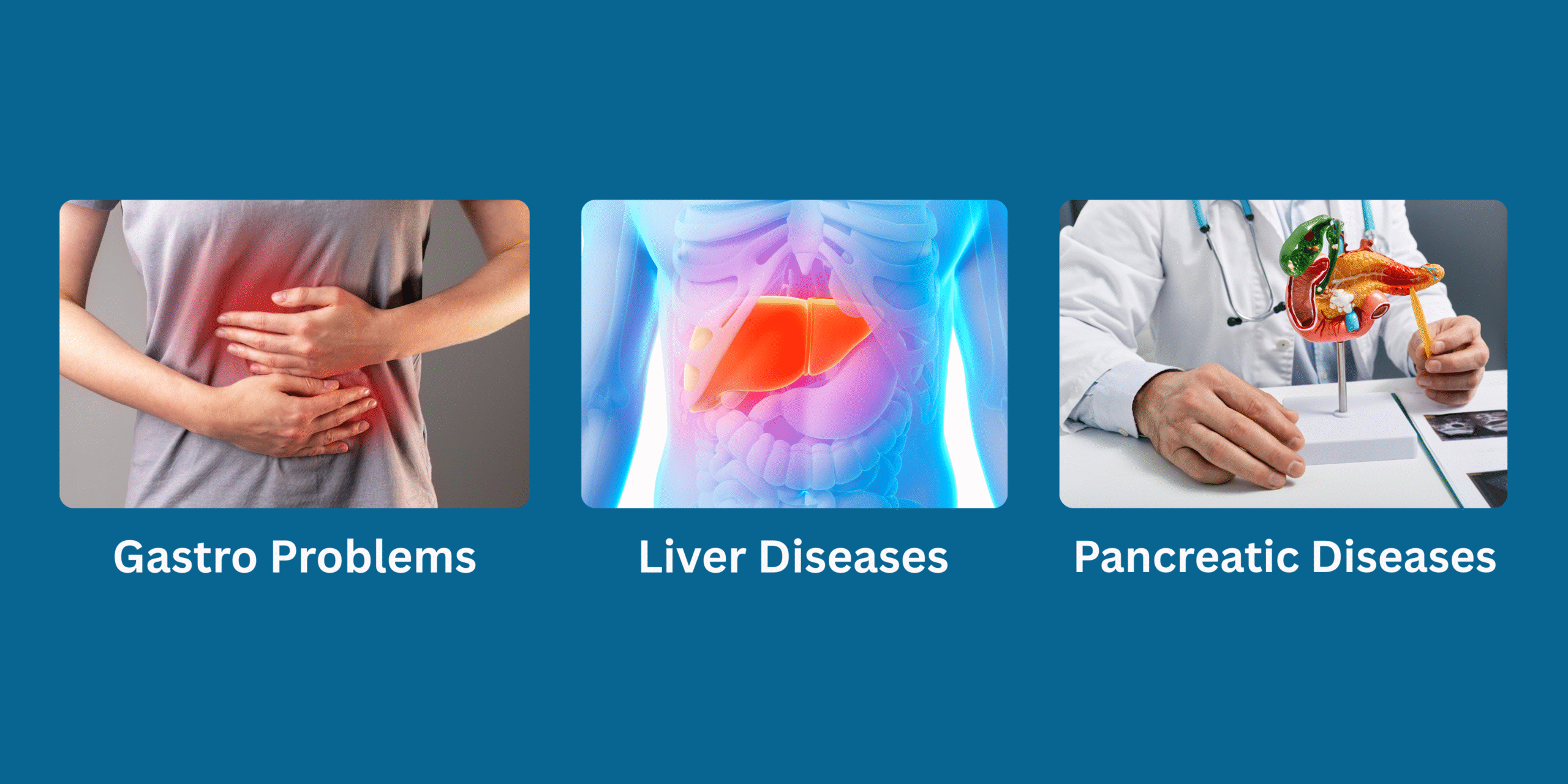





Dr. K V Dinesh Reddy is a highly skilled GI Surgeon, Gastroenterologist, and Liver Transplant Specialist with expertise in GI Surgery, GI Oncology, Advanced Laparoscopic Surgery, Bariatric Surgery, and Liver Transplantation. With a strong academic background and advanced training, he is dedicated to delivering exceptional patient care and innovative treatments for complex gastrointestinal and liver disorders.
A recognized expert in the field, Dr. Dinesh Reddy has performed numerous successful surgeries, contributed to medical research, and received the TIMES HEALTH EXCELLENCE Award for Best Emerging Surgical Gastroenterologist in Telangana, 2022. He is an active member of prestigious medical organizations and continuously advances his knowledge to offer the latest treatment solutions.
With a patient-centered approach and cutting-edge surgical expertise, Dr. Dinesh Reddy remains a trusted name in gastroenterology and hepatobiliary care.

We provide specialized care for gastrointestinal, hepatobiliary, and pancreatic conditions, offering advanced surgical and non-surgical solutions. Our expertise includes GI cancers, liver diseases, pancreatic disorders, bariatric surgery, and minimally invasive procedures. With a focus on innovation and patient-centered care, we ensure safer treatments, faster recovery, and optimal outcomes.
WhatsApp us